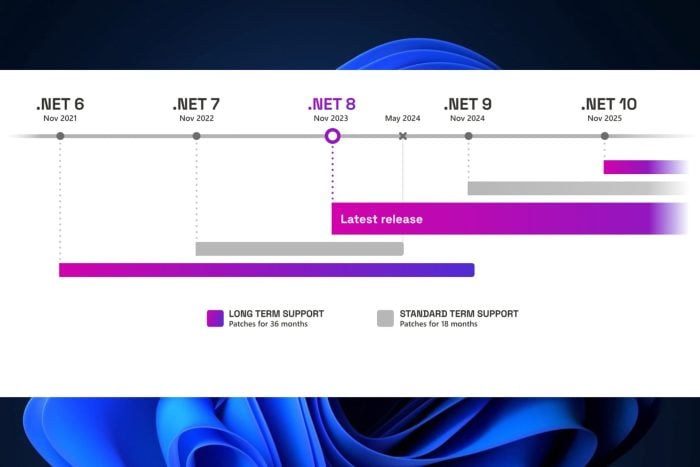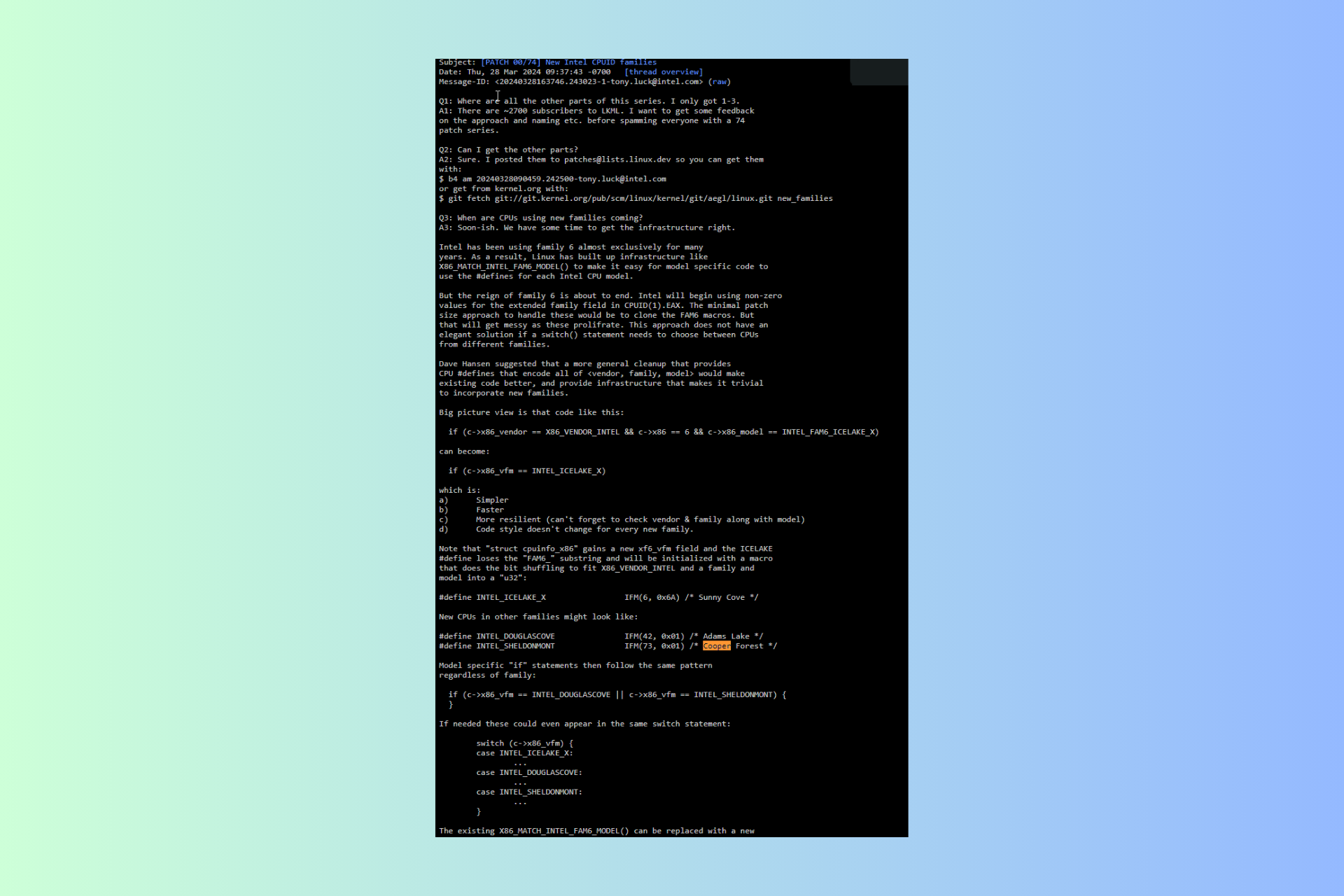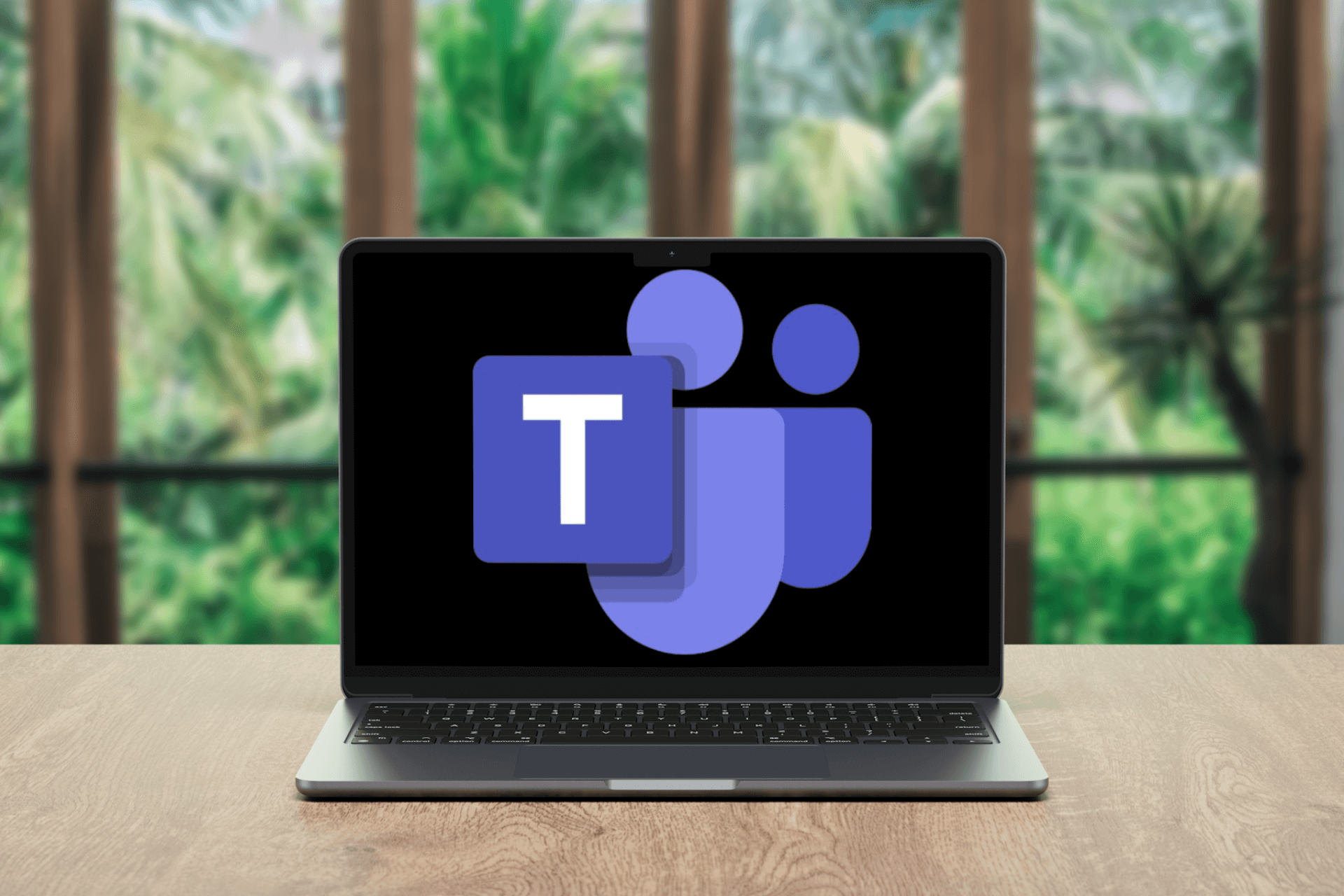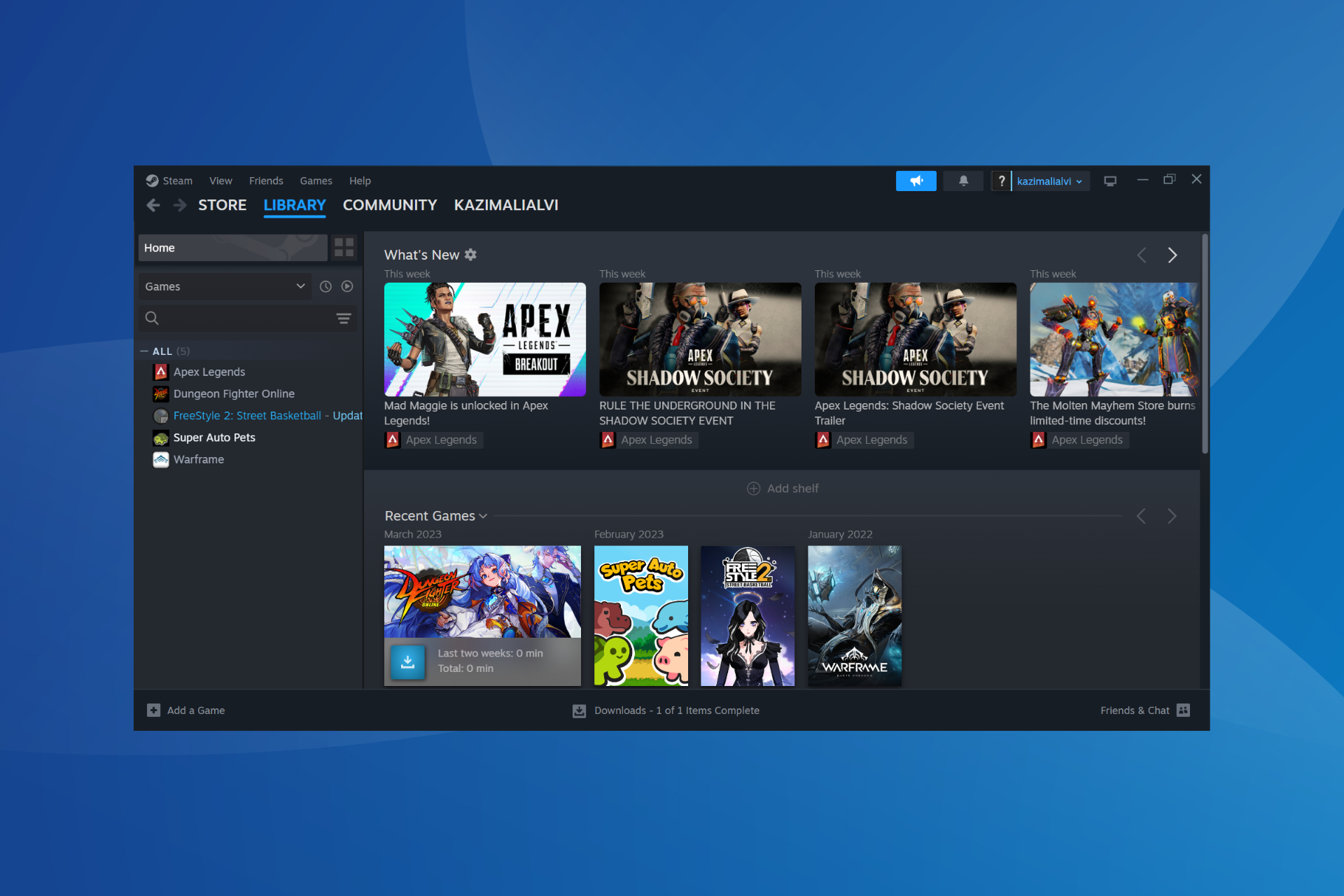.NET 7 reaches End of Support in May, but apps using the version will continue to run
The End of Support is scheduled for May 14, 2024.
2 min. read
Published on
Read the affiliate disclosure page to find out how can you help Windows Report effortlessly and without spending any money. Read more

.NET 7 will be reaching its End of Support on May 14, 2024, announces Microsoft in a new blog post. The company advises users to migrate to .NET 8, as it will no longer provide servicing updates, including security fixes or technical support, for .NET 7.
As May 14 is a Patch Tuesday day, Microsoft says .NET 7 may be updated one more time, if there are any critical issues, but beyond that date, it’s dangerous territory for devs still using it. But despite the security issues, vulnerabilities, or even the lack of new features, applications that use this version of .NET will continue to run, according to Microsoft.
You can expect the following after .NET 7 reaches end of support:
Microsoft
- Applications that use this version will continue to run.
- No new security updates will be issued for .NET 7.
- Continuing to use an unsupported version will expose you to security vulnerabilities.
- You may not be able to access technical support for .NET 7 applications.
However, the Redmond-based tech giant advises users and devs to reach out to software vendors and ask them if the .NET 7-based apps will be updated to .NET 8. The company also advises devs to update their .NET 7-based apps to the new version, by changing the value of the TargetFramework property in their project file to net8.0.
The company also published a potential roadmap for the next .NET versions: .NET 8 will be supported well into 2026, .NET 9 is slated to be released later this year, in November 2024, while .NET 10 will be released a year later, in November 2025.
All of these future.NET versions will have standard term support for 18 months, right after they are released, followed by long-term support for 36 months. This means they will be well supported until the end of this decade.
However, for those devs who built apps using .NET 7, now it’s time to upgrade. And maybe you also want to try the new .NET Smart Components, which uses AI to boost productivity all around.








